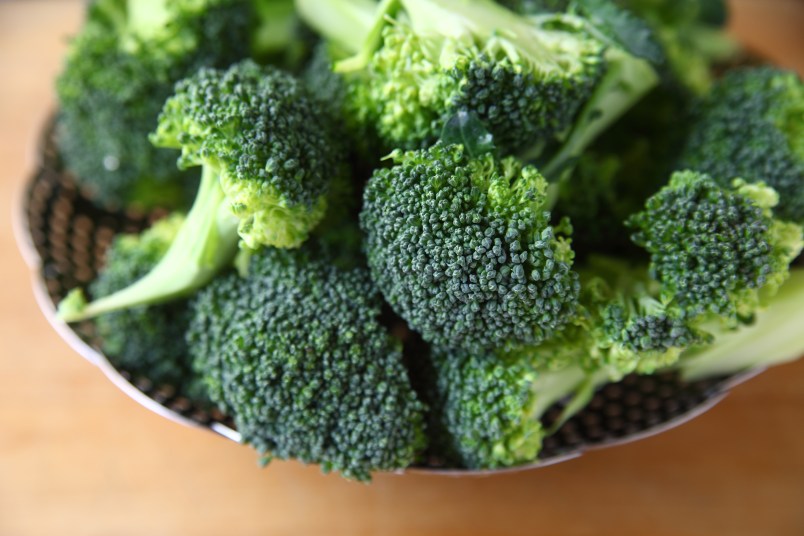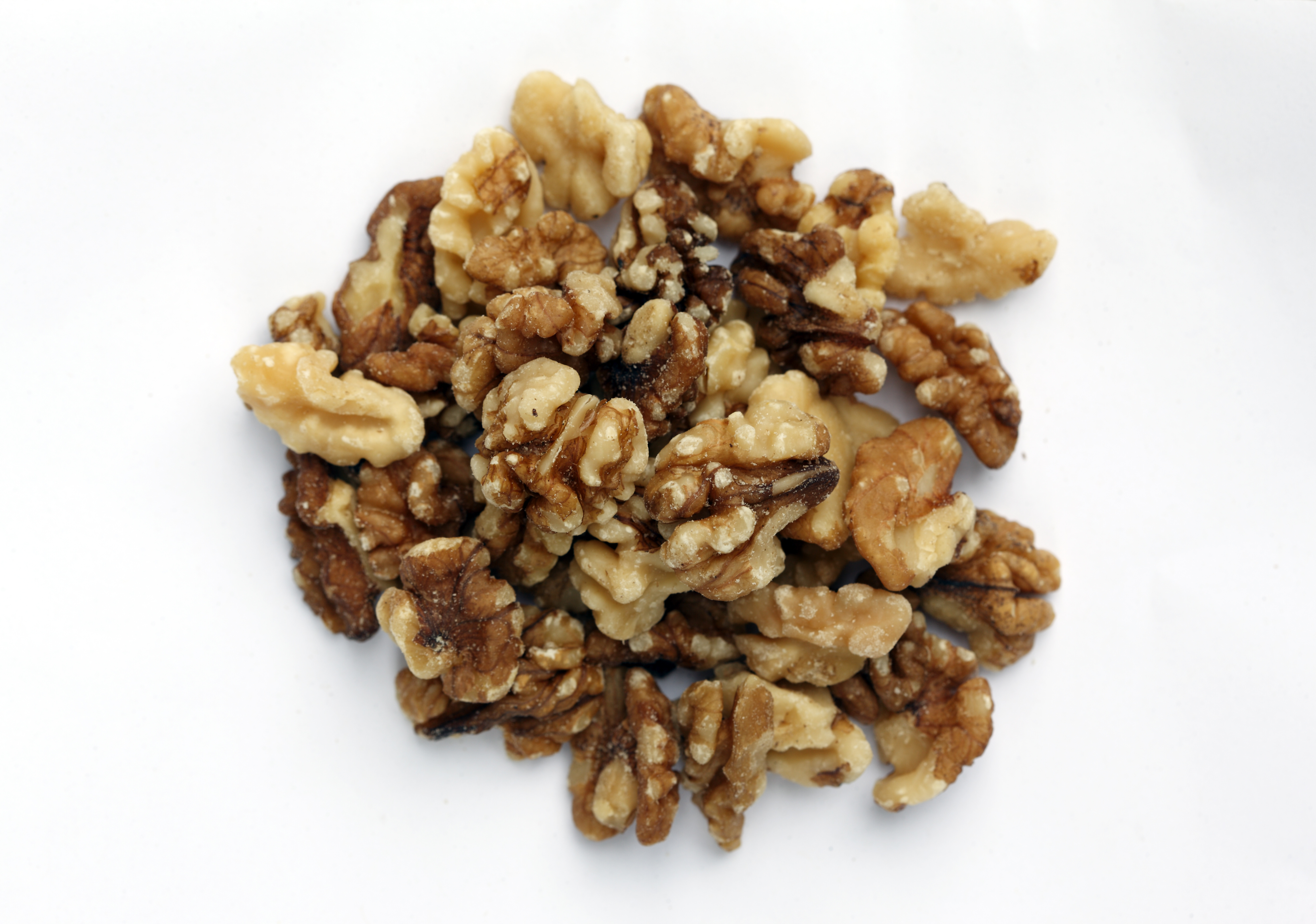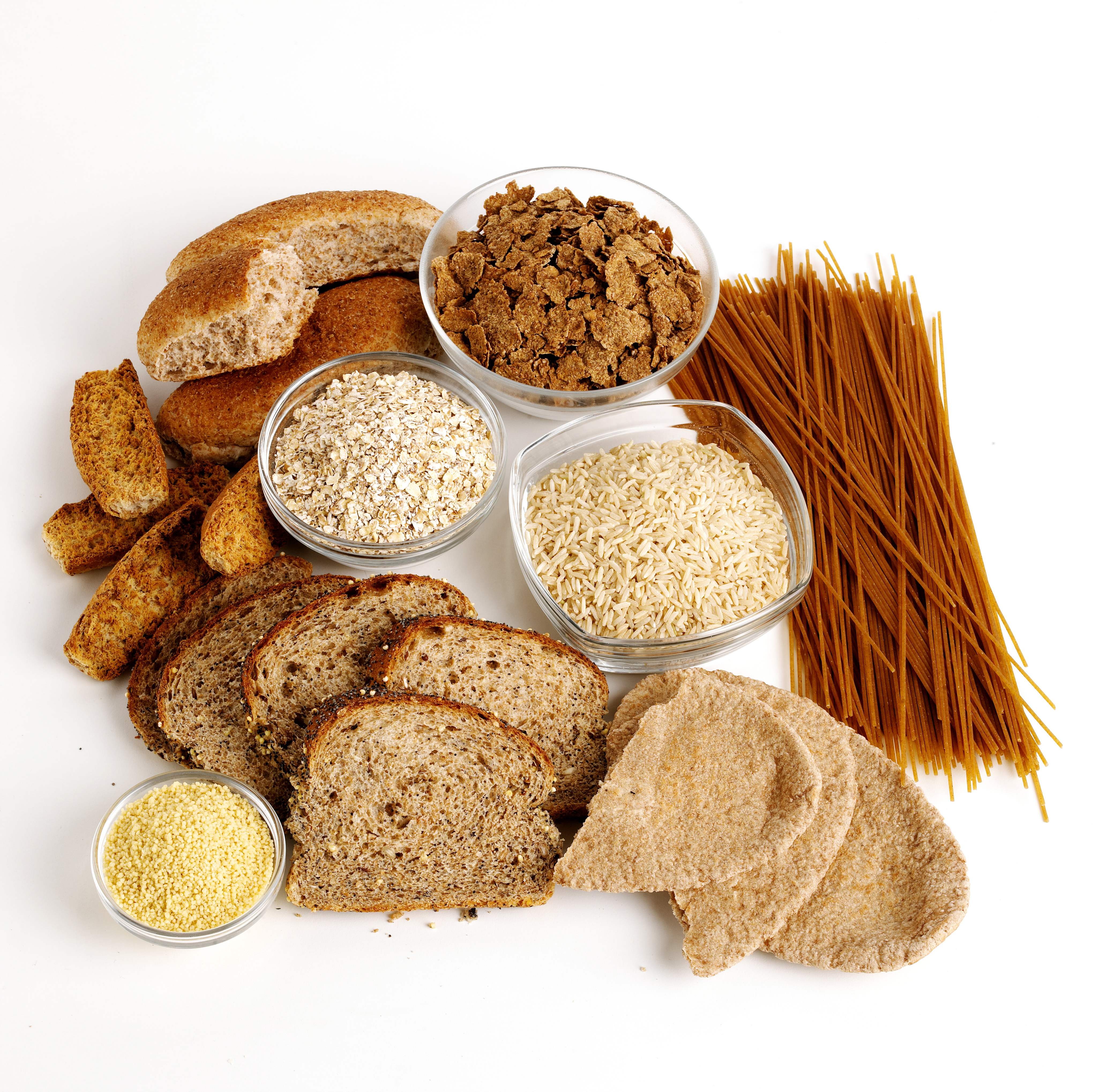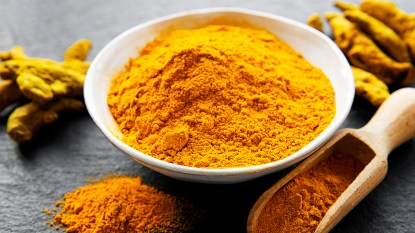6 Ways to Restore Gut Health Naturally

Nearly everyone has dealt with a gut issue at one time or another — be it gas, bloating, heartburn, constipation, diarrhea… the list goes on. But between 60 and 70 million Americans are affected by chronic digestive diseases — such as irritable bowel syndrome (IBS) — that cost nearly $40 million a year in doctor and hospital visits, according to the latest statistics from the National Institute of Diabetes and Digestive and Kidney Diseases.
While researchers continue to study this topic, gut health has been shown to affect your overall wellbeing thanks to the gut microbiome, aka the trillions of bacteria and fungi that reside in your intestines.
“People have different ideas as to what gut health is, but my idea of gut health is all encompassing,” says Jennifer Caudle, DO, a board-certified family medicine physician and associate professor at the Rowan University School of Osteopathic Medicine in Stratford, New Jersey. “It’s all aspects of your stomach and your gut, as well as digestion and how you feel from a gut standpoint.” That can include “anything from how well you’re digesting food, your bowel movements, how well you process food, and how certain foods make you feel.”
Also, keep in mind that the gastrointestinal tract is quite extensive. Dr. Caudle says, “It includes different organs, from the esophagus to the colon to the rectum, so there are a lot of factors involved.”
And interestingly enough, Caudle adds that “gut health” is not a medical term. “It’s more of a term used in the media and colloquially,” she explains. “I never talk to another doctor about a patient’s gut health — I’m talking about something more specific.”
As for properly feeding your gut, probiotics are key. “Probiotics are live bacteria that naturally live in the gut,” Caudle explains. “They’re also known as the ‘good bacteria’ or the ‘friendly bacteria.’” These microorganisms are available to consumers in different forms, she says, including dietary supplements and fermented foods, such as yogurt, pickles, sauerkraut, and kefir.
Recent research points to six other lifestyle choices that can help boost the number of good guys in your digestive system — here’s how:

(Photo Credit: Getty Images)
Snack on some walnuts.
Move over, almonds: Walnuts, dubbed a nutritional powerhouse, have been shown to positively alter the bacteria in the gut. A 2017 study of rodents conducted by researchers at Louisiana State University Health Sciences Center found that consuming this popular tree nut resulted in a “significant increase” in good bacteria. In fact, the lead investigator added that walnuts, which are high in heart-healthy omega-3 fatty acids and fiber, “may act as a prebiotic,” boosting the numbers and activity of good bacteria.
Eat leafy greens — especially broccoli.
According to a 2016 study published in the journal Nature Chemical Biology, leafy green vegetables can play an important role in keeping your gut healthy. Researchers from Australia and the United Kingdom discovered an enzyme used by good bacteria to feed on the sugar sulfoquinovose (SQ) in veggies such as spinach and kale; SQ is used as an energy source by gut-friendly bacteria, which keep the not-so-friendly bacteria at bay. And in a separate study conducted in 2017, Penn State investigators found that one member of the leafy green family — broccoli — contains an organic chemical compound that served as a protective barrier in the digestive system of mice. So no more excuses: Eat your greens.

(Photo Credit: Getty Images)
Add more fiber to your diet.
Prunes, anyone? It’s no secret that fiber helps “move things along” through the digestive system, and the authors of a study from Georgia State University’s Center for Inflammation Immunity & Infection have figured out why fiber is a key food for gut health. In two separate mice studies, researchers fed the rodents a super low-fiber diet. In one experiment, the investigators witnessed a significant change that occurred in their systems within three to seven days: The protective layer of mucus became more penetrable, making it more susceptible to harmful bacteria. In the other study, it was noted that the colons of the mice shrank “significantly” in thickness, and their gut-friendly bacteria began to disappear while unhealthy bacteria developed.
According to Caudle, “Foods like high-fiber cereals, fruits, nuts, whole-grain bread, barley, brown rice, and quinoa are excellent choices, along with mixed veggies, beans, seeds, and even low-fat popcorn — meaning no butter and salt.”
Go meatless more often.
Yes, we know too much red meat in the diet can increase the risk of heart disease; however, a medical team at Cleveland Clinic found evidence in 2013 that the cause may have something to do with the gut — specifically a compound named trimethylamine that can metabolize into trimethylamine-N-oxide (TMAO), an organic compound that can elevate the risk of clot-related conditions that can lead to heart attack and stroke. After analyzing the gut microbes of meat lovers, vegans, and vegetarians, the researchers found a link between carnitine — a compound in beef that contains a trimethylamine structure — and higher TMAO levels.
“These studies do offer some powerful reasons to consider dropping or limiting red meat,” lead study author Stanley Hazen, MD, PhD., said in a press release. “It’s important to talk to your doctor.”
Catch some Zzzs.
If dropping a few pounds is on your wish list, you may want to hit the sheets. According to a study presented at the European Congress of Endocrinology in 2017, medical researchers from Sweden found that disrupted sleep patterns can lead to issues with weight (due to hormonal changes that increase appetite) while simultaneously causing an imbalance of the bacteria found in the gut. And because friendly bacteria have been linked to keeping the metabolism functioning properly, a solid night’s sleep can be good for your tummy.
Chill out already!
While we’re well aware that chronic stress can take a toll on the body — causing blood pressure to skyrocket and hormones to surge, resulting in mood swings and anxiety — stress can also wreak havoc on the digestive system. In 2017, Brigham Young University professors led a study using a large group of mice. Half the mice were fed a high-fat diet for 16 weeks; then all the mice were exposed to mild stress for 18 days. The result: DNA samples showed that the stressful situations caused a harmful shift in the guts of the female mice as if these rodents had consumed a fatty diet. In other words, de-stressing your life is good for your mind, body, and belly.
More From FIRST
What Are Prebiotics? — The Real Key to a Healthy Gut
Let’s Settle the Low-Carb vs. Low-Fat Diet Debate Once and for All
5 Gut-Healing Superfoods to Improve Your Skin From the Inside Out













